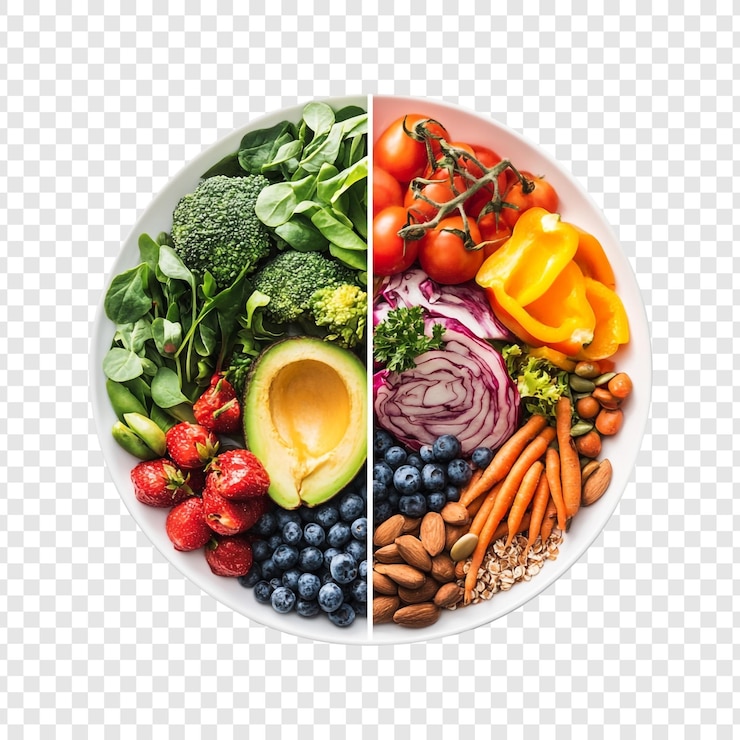
Are you looking to up your game? Whether you’re a seasoned athlete or simply trying to stay fit, understanding how nutrition impacts your performance is crucial. Your food choices—like how many calories you consume, the supplements you take, and your protein intake—play a huge role in maintaining a healthy lifestyle. The right diet can make a noticeable difference in how well you perform physically.
So, what’s the connection between nutrition and athletic performance? Let’s break it down.
1. Eating Macronutrients for Optimal Energy and Recovery
Getting enough macronutrients—carbohydrates, fats, and proteins—is essential for fueling your body, building muscle, and bouncing back after tough workouts. Here’s how each contributes:
– Carbohydrates: The primary energy source for athletes, carbs provide quick and easily accessible fuel for extended physical activity.
– Proteins: Key in repairing and building muscle, especially during post-workout recovery.
– Fats: While often overlooked, fats are important for endurance, recovery, and long-lasting energy.
The right balance of these macronutrients allows athletes to sustain performance during intense training sessions, build strength, and recover faster.
2. The Role of Vitamins and Minerals
Vitamins and minerals are fundamental to keeping your body in top shape for physical activity. A diet rich in essential nutrients like calcium and iron can support physical development, improve performance, and help prevent injuries.
Certain nutrients help boost bone strength and muscle power, enabling athletes to perform at their best. For example, foods like dairy, seafood, and dark leafy greens are excellent sources of vitamins and minerals, promoting endurance and reducing fatigue from intense exercises.
Adequate intake of vitamins and minerals is also key to staying healthy and avoiding illnesses that may hinder performance. Athletes should evaluate their diets to ensure they are getting the nutrients they need to achieve their goals.
3. Staying Hydrated for Top Performance
Hydration is just as important as the food you eat. Proper hydration ensures that your body can function at its peak and avoid common issues caused by dehydration, such as low energy, reduced coordination, and a weakened immune system.
Training hard without drinking enough fluids can lead to problems like muscle stiffness, an increased heart rate, and difficulty breathing. Staying hydrated not only combats fatigue and cramps but also regulates lactic acid buildup and prevents heat-related illnesses.
Drinking enough water ensures that your body has the right amount of glucose to fuel physical activity, ultimately enhancing athletic performance. Staying hydrated is a non-negotiable piece of the puzzle for athletes who want to avoid the negative effects of dehydration and maintain their best performance.
Build Your Nutrition Plan Today
In summary, proper nutrition plays a key role in helping athletes achieve and maintain peak performance. A balanced, nutrient-rich diet is essential for staying energized during workouts and competitions. Be sure to include enough complex carbohydrates and lean proteins in your meals to fuel your body and keep yourself performing at your best.
By prioritizing nutrition and hydration, you can take your athletic performance to the next level and feel great while doing it!